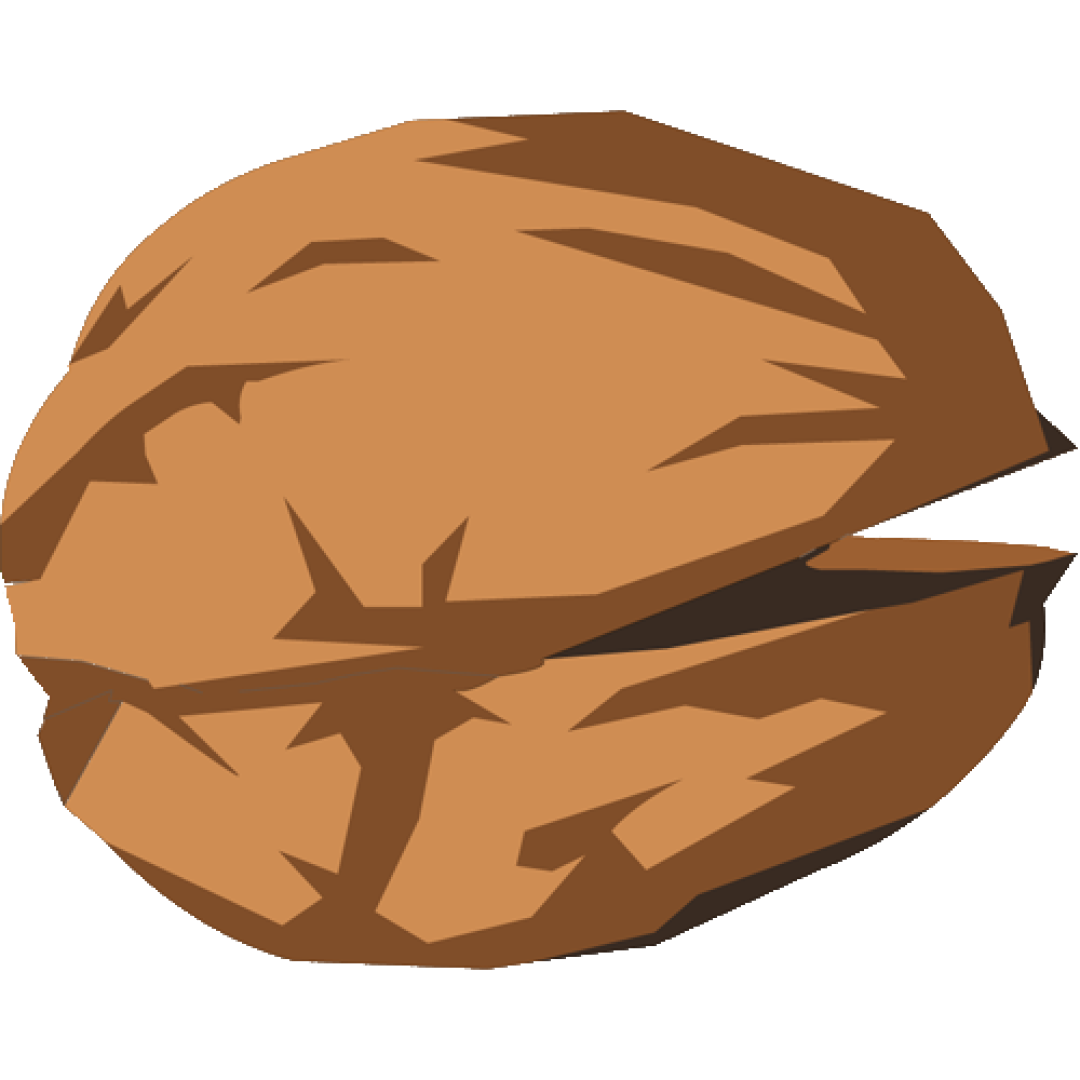code that's been written today has been made obsolete by a language feature in the latest nightly build
I mean couldnt you say that about any language? There's lots of old C code that's obsoleted by features in C11. There's lots of stuff written in python today that's obsoleted by stuff in the 3.13 alpha. It's just kinda how things go.
Doesnt the edition system prevent this from being too big of an issue anyway?





Honestly, it's because a bunch of programs i used disappointed me (performance, functionality, [being a web app at all], etc.) and i figured it couldnt be that hard to do it better. In some cases i was right, in most i was wrong. As it turns out though, I really like programming so i guess i'm stuck here